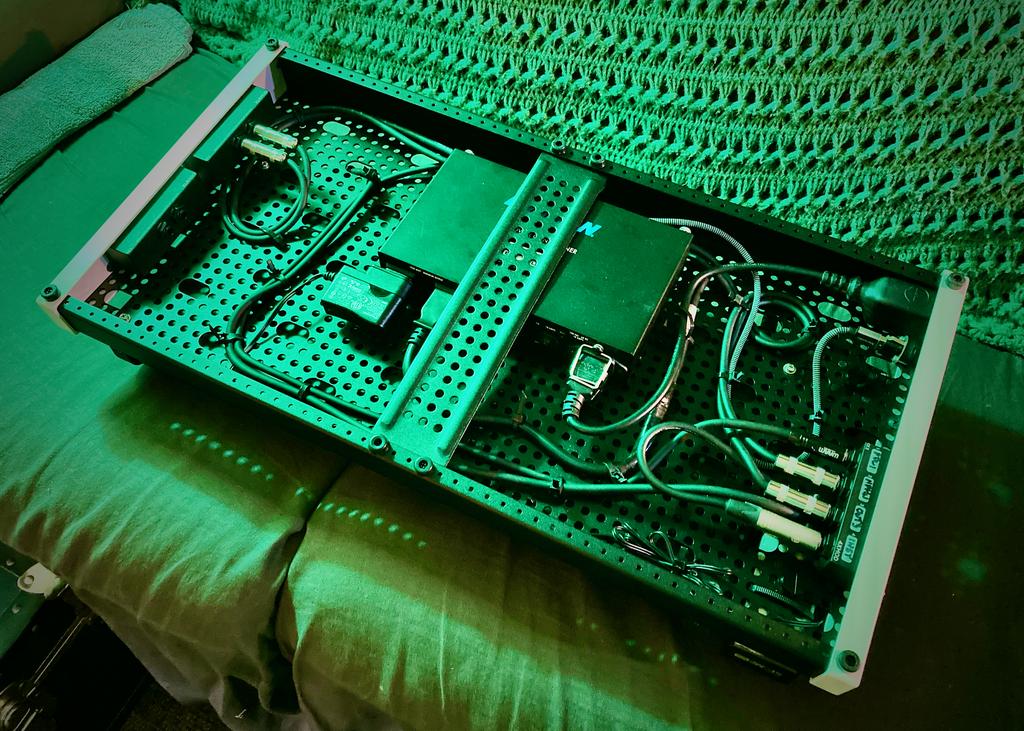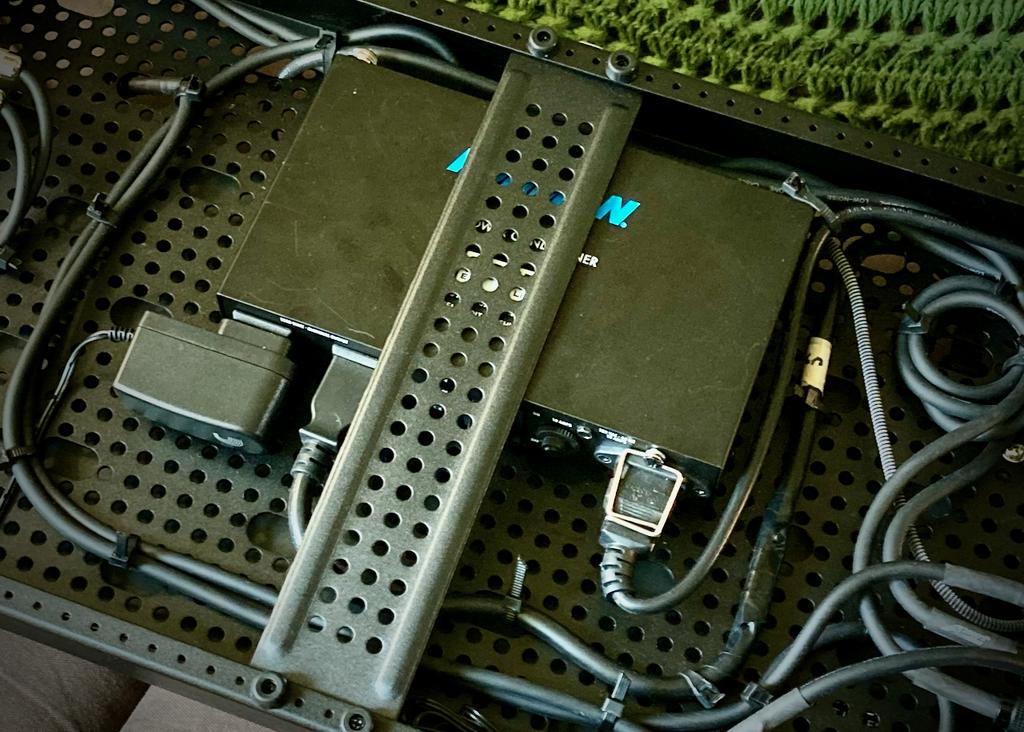tubelessone
Inspired
I use the Furman 8 outlet ( I think ) power strip. 60 bucks I think. Works great.
correction, 6 outlets...I use the Furman 8 outlet ( I think ) power strip. 60 bucks I think. Works great.
He's right.omg. just stop
But it's fun to watch and maybe poke the skunk.He's right.
I would be surprised if the UPS is the cause. If it is a quality mainstream one they provide seemless surge protection and voltage regulation at a much more affordable price than a Furman with Voltage Regulation. All my high-end electronics (servers, networking equipment, computers, FM9, FM3) are all on UPS at home with no issue. Note: the voltage regulation only happens on the Battery+Surge outlets.Here's the thing, my FM3 has always been plugged into a UPS (sine wave). I don't know if this caused a problem, but I know we had a power outage at one point. That's when an existing issue with the USB port became more involved. Problems were intermittent, but finally became worse to the point where I had to send it in. We'll see what happens.
Yes, it was plugged into the battery+surge side. I have recently replaced the battery pack in it, but the battery capacity was not empty at the time I was having issues with my FM3. It's a CyberPower 1500PFCLCD.I would be surprised if the UPS is the cause. If it is a quality mainstream one they provide seemless surge protection and voltage regulation at a much more affordable price than a Furman with Voltage Regulation. All my high-end electronics (servers, networking equipment, computers, FM9, FM3) are all on UPS at home with no issue. Note: the voltage regulation only happens on the Battery+Surge outlets.
Problem was with a component just before the USB port.Yes, it was plugged into the battery+surge side. I have recently replaced the battery pack in it, but the battery capacity was not empty at the time I was having issues with my FM3. It's a CyberPower 1500PFCLCD.
I use one in one of my tube combos, and had another in a previous combo. They’re nice units.I'm using a Furman 215A under my FM9T board
I thinks so too, if you don't mind stuffing it under your board, its decent protection ime, somewhat pricy albeit but my unit is worth it.I use one in one of my tube combos, and had another in a previous combo. They’re nice units.
Could you share a picture of your setup? Sounds interesting!!Furman AC215-A. Two 120VAC outlets, surge protection, clean power conditioning, powers both my FM9 and an outboard stomp box, connected via wall wart. Fits under my Temple Audio Duo 24, additionally secured by Temple Audio bracket.
My Furman was connected to the FM9 via a modified 3-prong IEC/AC cable, so the the cable would fit through one of my Temple Audio access holes. If perhaps you have soldering ability, you can do this yourself, or pay a tech to help you wire a cable through. (My guitar tech/luthier buddy helped me with mine.) The power source of the Furman was a Temple Audio Micro IEC switch. The Furman stays switched on, the TA Micro powers the Furman on/off.
Yes sirHow do you mount the AC-215A in a rack?
Bot?Yes sir
Could you share a picture of your setup? Sounds interesting!!



I have this. It's awesome.https://www.furmanpower.com/product/10a-two-outlet-power-conditioner/
Great protection is a smaller non-rack form factor.
It's exactly what some have previously been writing about. The Furman AC215-A 2-AC-outlet 15A. Although it's limited to 2 AC connections, the unit provides quality surge protection.I have this. It's awesome.
